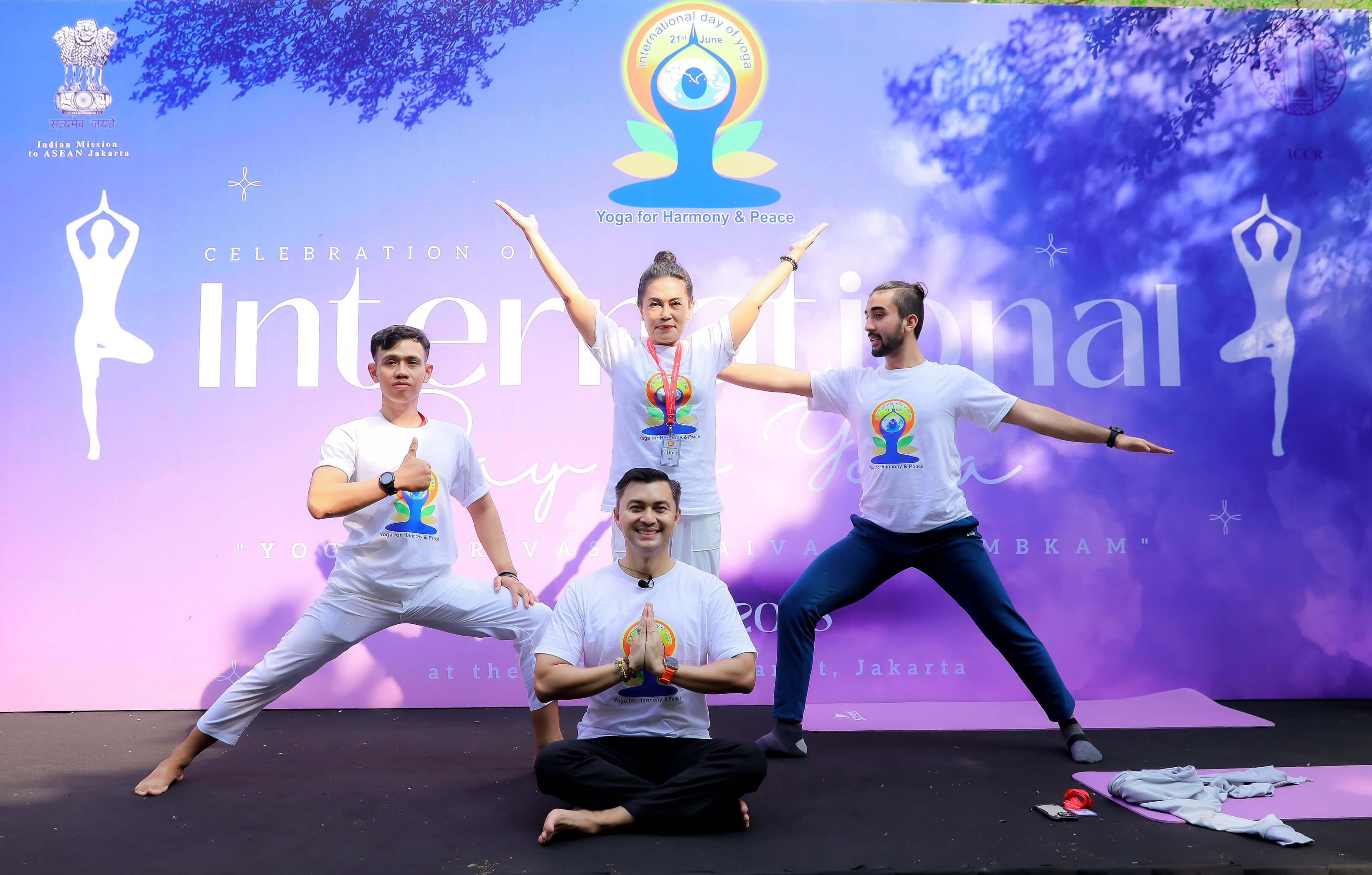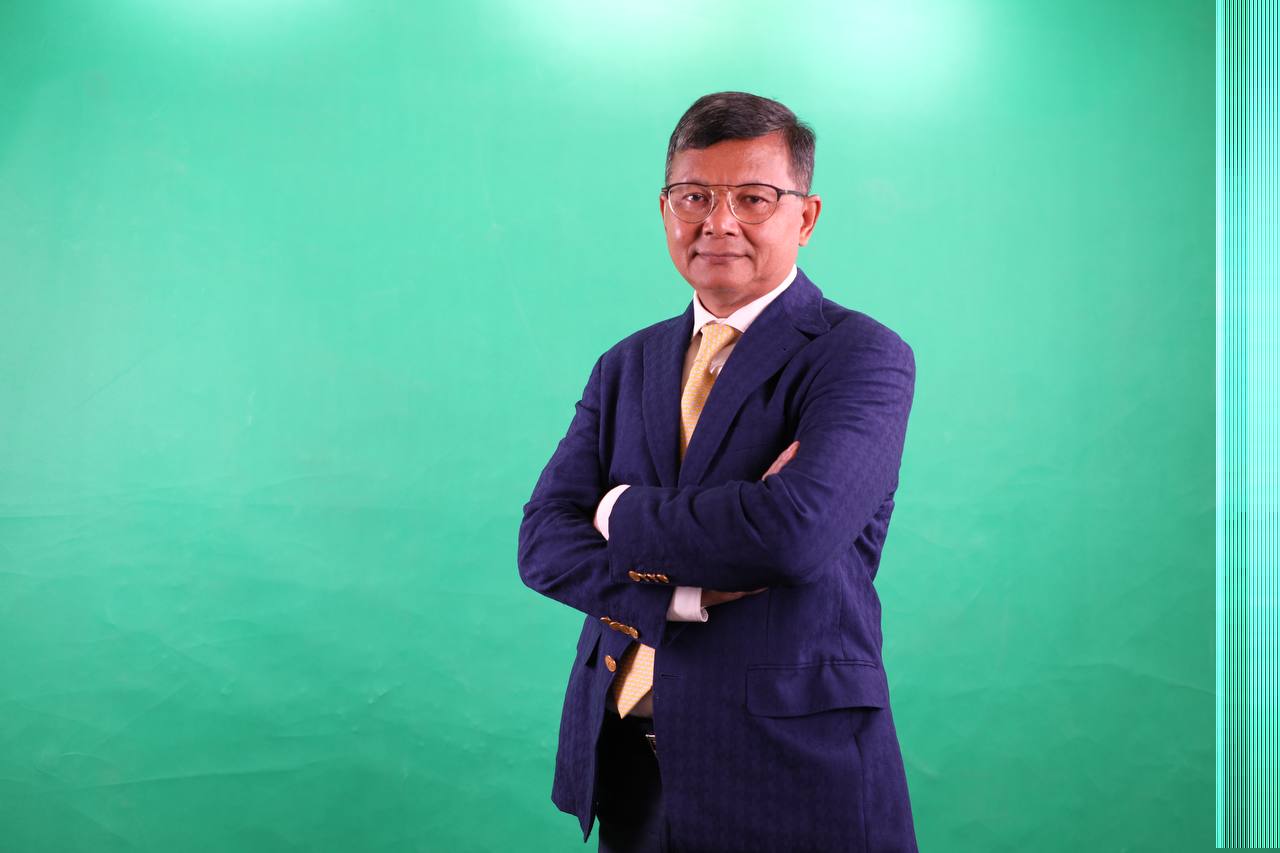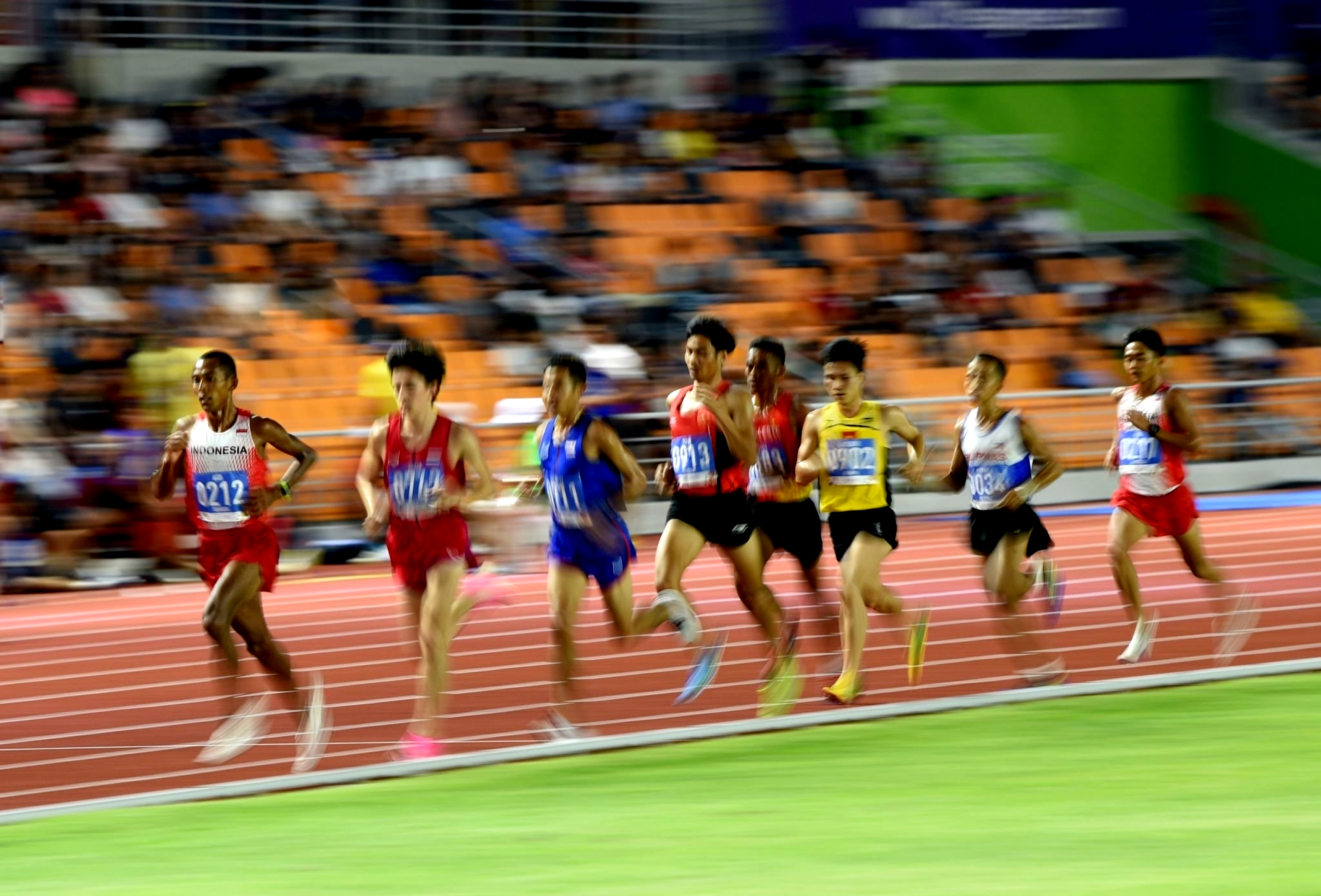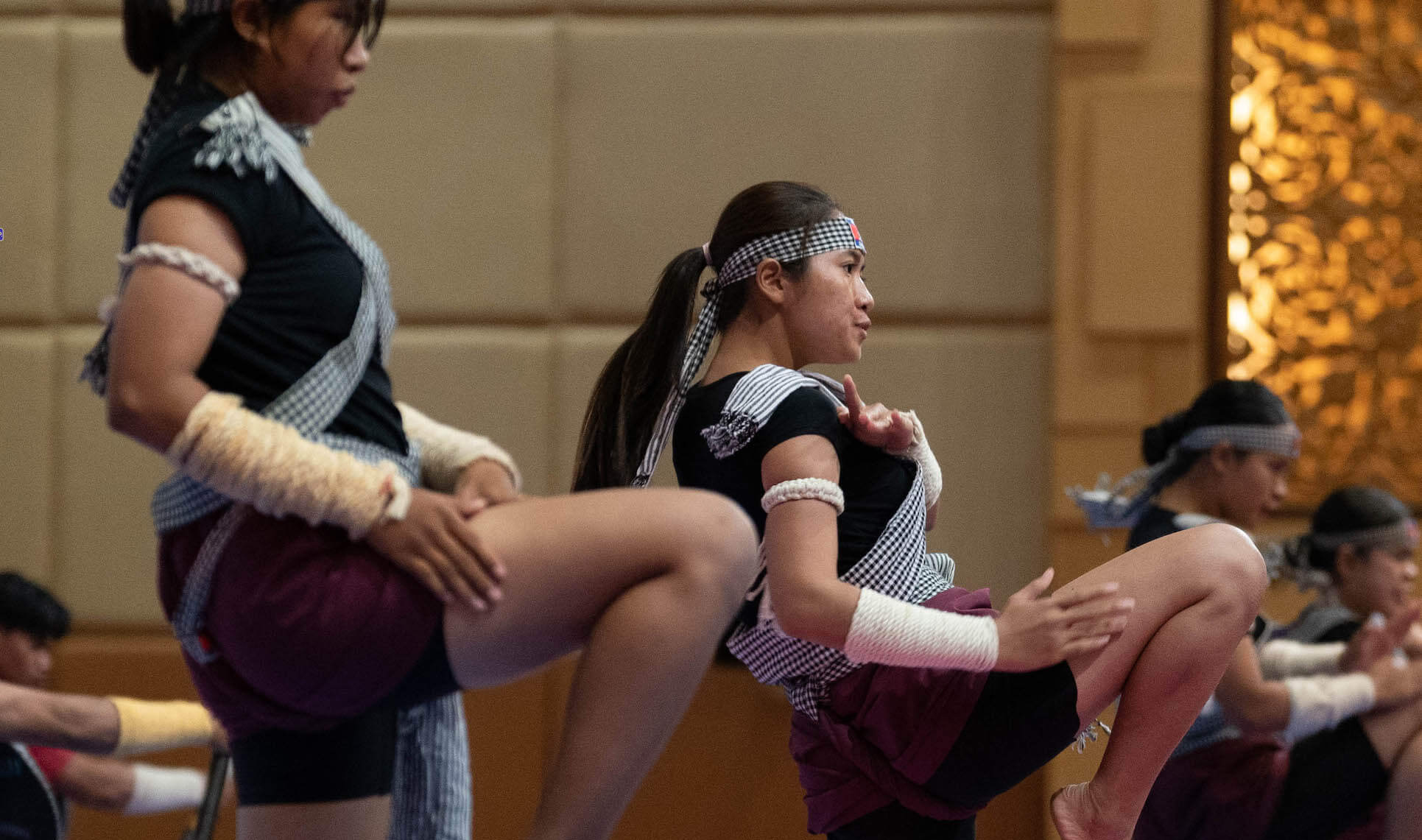



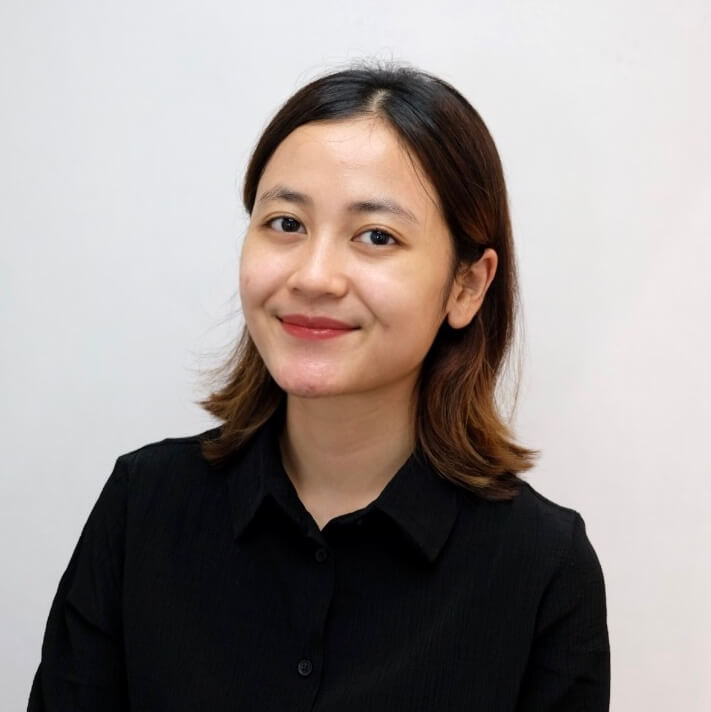
The diversity of the ASEAN Community manifests in many forms, from the usual traditional arts or cuisines, to traditional sports and games. Traditional sports and games are an important part of each Member States’ intangible cultural heritage. They serve as windows to our past and provide clues to societal values and norms. They showcase similarities and differences between Member States, drive intercultural dialogue, and promote peace and cooperation between and within our societies.
Contemporary society, however, seems to have forgotten many of these traditional sports and games. People’s attention has shifted mostly to Western sports. Our own forms of sport will become extinct if ASEAN people, especially the youth, do not know or practice them. We all have a duty to increase people’s appreciation for and carry out traditional sports and games to ensure its continuity within the ASEAN.
Driven by these concerns, Cambodia as ASEAN Chair in 2022, through its Ministry of Education, Youth, and Sports convened two workshops on the preservation of traditional sports and games and state of sports and recreation zones development in ASEAN from 8 to 11 August 2022. ASEAN Senior Officials Meeting on Sports (SOMS) representatives, experts from relevant national agencies in ASEAN Member States, and representatives of the Economic Research Institute for ASEAN and East Asia (ERIA) attended the workshops.
The workshops provided valuable opportunities for sports practitioners to dive deep into ASEAN sports concerns and developments. For example, it was underscored that the sports sector contributes to the socio-economic development of ASEAN in many ways, including providing employment through the various commercial activities surrounding sports events and promoting healthy lifestyles. The sector also facilitates building of friendships and networks among ASEAN athletes and sports professionals. ERIA President, Professor Hidetoshi Nishimura, notes, “One of the many ways to maximise impact of sports in economy and society is by leveraging the role of sports and recreation zone in ASEAN community building. Establishing sports zones promotes active health opportunities for people that can be converted into a profitable economic opportunity.”
Traditional sports and games in ASEAN can be an ideal medium to reach out to local communities, especially in remote areas, where traditional practices still persist. ASEAN and its Member States can hold traditional sports and games in local communities to fulfil a dual role of revitalising these games and drawing tourism. Additionally, hosting events and establishing sports and recreation zones can enhance people’s participation in sports and encourage healthy lifestyles.
The workshop programme included demonstrations of ancient Cambodian martial arts technique, Kun Khmer and L’bokator. Participants are optimistic that these traditional combat sports can be elevated to the same level as any other mixed martial arts (MMA) through the provision of training camp as sports zones. It was noted that the responsibility of preserving and promoting traditional sports and games does not lie solely with governments and their officials, but is a shared responsibility of all relevant stakeholders including the private sector and local communities.
Dr. Hang Chuon Naron, Cambodia’s Minister of Education, Youth, and Sports, underlined in his speech during the opening ceremony of the workshop, “ASEAN Member States need to take concrete actions to protect and promote traditional sports and games to build up our spirit as a community, bring peoples together, and instil a sense of pride in our society’s cultural roots.”
The workshop participants called for systematic and organised actions to strengthen cooperation in preserving ASEAN traditional sports and games, increasing their visibility amidst digitalisation, promoting the establishment of green open spaces, and utilising existing sports facilities and sports event infrastructure legacies across ASEAN Member States.
In addition to the workshops, the Cambodia’s ASEAN Chairmanship spearheaded the development of the ASEAN Declaration on Fostering ASEAN Identity through the Safeguarding Traditional Sports and Games in the Modern World. In support of the declaration, ERIA is conducting a research study on the preservation of traditional sports and games which will lay the groundwork for a more systemic and organised effort to preserve and promote traditional sports and games in ASEAN and its Member States.
These workshops and the declaration are aligned with the ASEAN Work Plan on Sports 2021-2025.
Going forward, there are various approaches to revitalise traditional sports and games, including the establishment of sports zones which can serve as venues to these activities; use of innovative digital technologies such as e-sports based on traditional sports and games; digital archiving of and access to traditional sports knowledge, practices, and events; and dissemination of information and events on various social media and online streaming platforms.
The adoption of the ASEAN Declaration on Fostering ASEAN Identity through the Safeguarding traditional Sports and Games in the Modern World at the 40th and 41st ASEAN Summit in November 2022 signals the high-level political commitment of ASEAN leaders towards traditional sports and games and provides opportunities for ASEAN and its Member States to develop a holistic strategy for preserving and carving a niche for ASEAN traditional sports and games at the international stage.




